Tropic Sprockets Goes Streaming / Before Stonewall:The Making of a Gay and Lesbian Community
By Ian Brockway
Greta Schiller directs the now classic documentary “Before Stonewall” from 1984. The film vividly illustrates the progress of gay rights and the struggle leading up to the tumultuous events of the Stonewall Inn on June 28, 1969.
Gay rights as a formative movement was practically unheard of until the 1960s. The term “homosexual” was not thought of and seldom spoken of publicly in mainstream American culture. Homosexuality was considered a deviant neurosis. Ronald Reagan on film called homosexuality a “tragic illness.”
In the 1930s, gay men became one with the night: hidden, secret and invisible to most. A gay man noticed a look in the eye, a necktie, or they would ask for a light. These gestures were often codes of kinship to them, albeit old-fashioned.
In the 1940s, during World War II, gay men and women went off to war to escape oppression and ostracism. If a man or woman was not in the closet or married, they faced the possibility of estrangement, prison or hospitalization. There were few options.
In wartime, men and women were not permitted to show affection to members of the same sex. In combat, those unwritten rules were overlooked.
The film cites that an entire unit of WAC women were lesbian. The complete unit was also commended for excellence and awarded medals.
After the war however, there was a rebirth of conservatism. McCarthyism appeared like a poisonous ether. Homosexuality merged in the conservative mind with Communism. Men and women were hunted and lost their jobs, often positions in government.
Gay men and women sought out bars, referred by friends or lovers. The hippie and Black Panthers became known on a national level.
Then on June 28, 1969, the Stonewall Inn was raided by police. Instead of submission, men and women fought back. A grass roots movement was born. All became incensed with force and power, taking inspiration from the Black Panthers.
The documentary is narrated by Rita Mae Brown and includes many lively interviews with figures including the dancer Audre Lourde, activist Mabel Hampton, Harry Hay and Allen Ginsberg among others. The film remains a time capsule—colorful, brisk and riveting.
This film was showed by the Tropic as part of it’s Pride Series earlier this year. It’s available for streaming on various services, including Kanopy (available with a Monroe County Library Card).
Write Ian at [email protected]
[livemarket market_name="KONK Life LiveMarket" limit=3 category=“” show_signup=0 show_more=0]
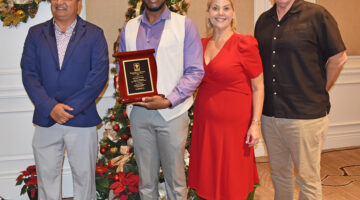
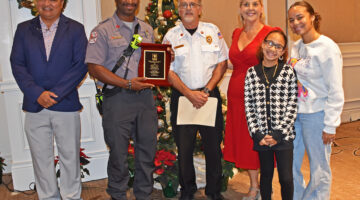
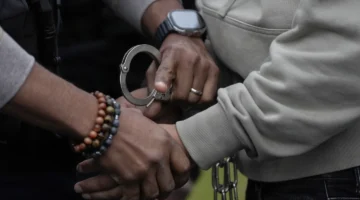
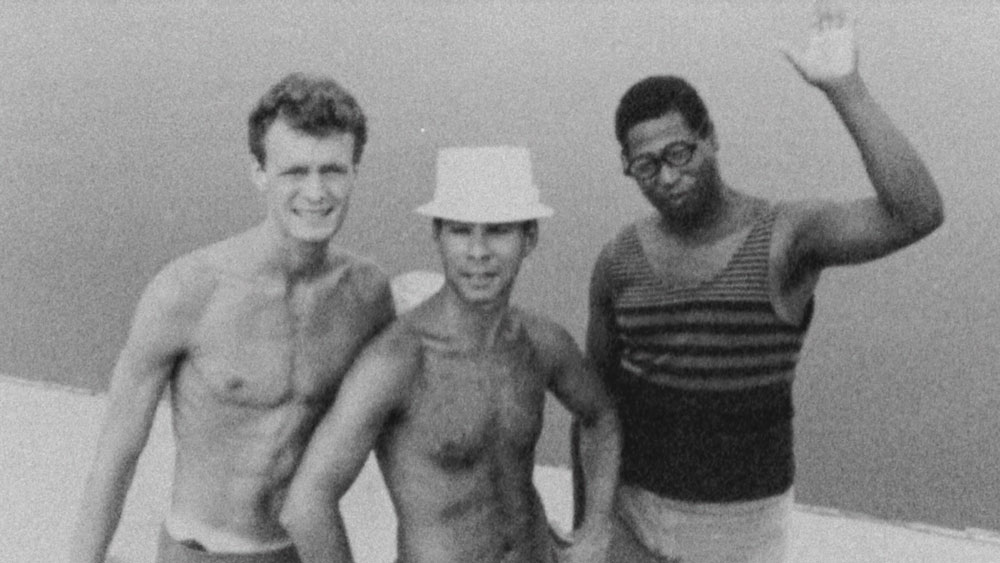

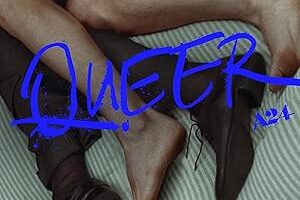
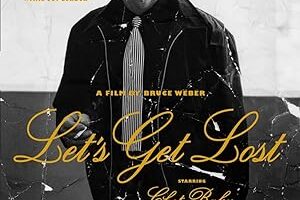
No Comment